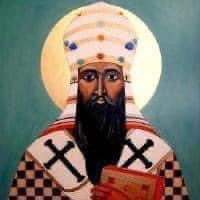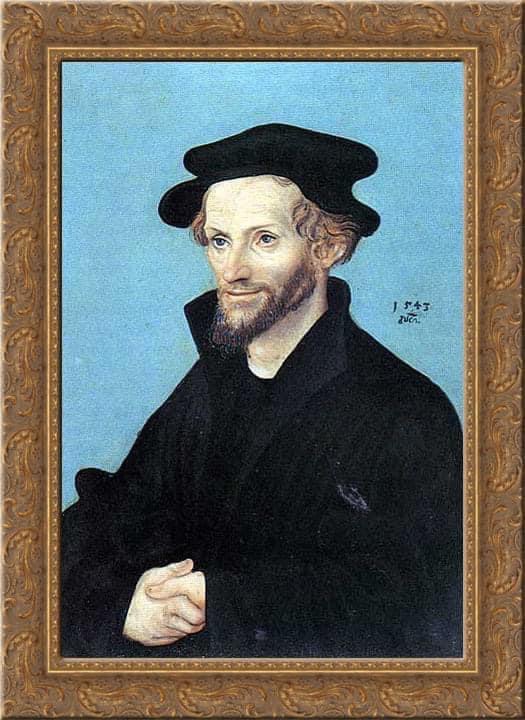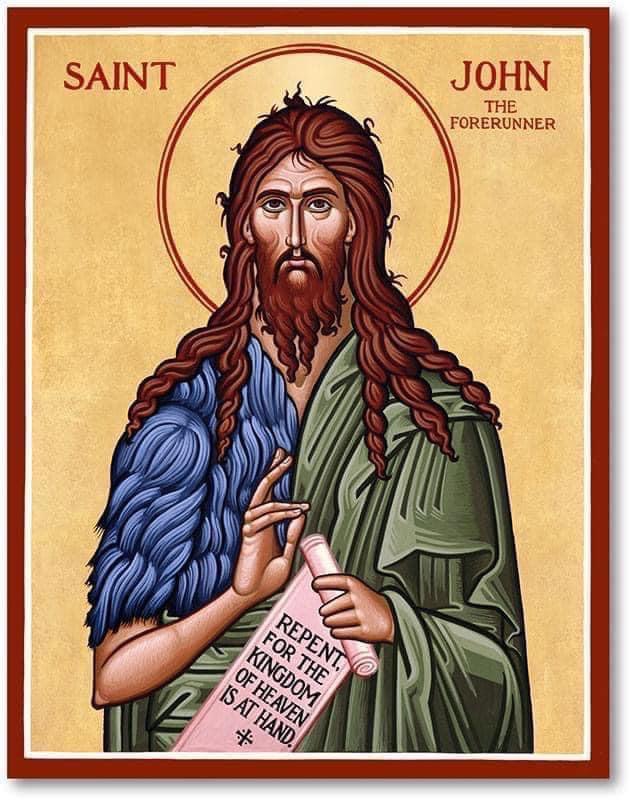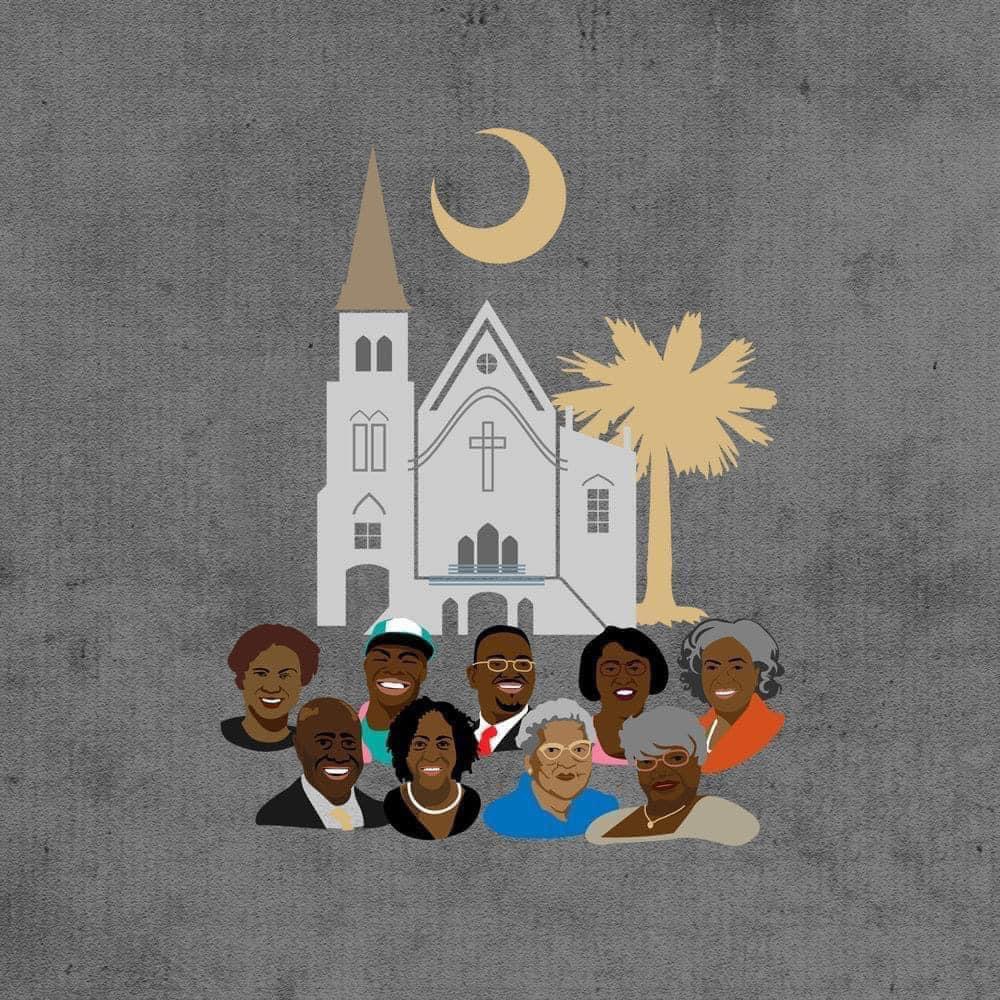
Today the church remembers, with mixed-emotions, Cyril of Alexandria, 5th Century Bishop and teacher.
Cyril (a name that should make a comeback) was not exactly a stand-up individual, but had a keen theological mind. He was a ruthless ideologue who sometimes incited his followers to violence. Whether or not this was by intention or accident, history is unclear.
He was quick to raise hell against church leaders he found heretical, focusing most of his ire against Nestorius, who was taught in the theological school of Antioch. Nestorius argued that Jesus was of two persons, one human and one divine. Cyril championed the opposite, that Jesus was of one person, both human and divine. He presided over the Council of Ephesus in 431 where this was discussed and where Nestorius was condemned as a heretic.
In the years following the council, Cyril mellowed, though, through wise counsel from Isidore of Pelusium.
He grew up, aged though he was.
He left a great number of writings, and is cited in several places throughout the Lutheran Confessions.
Cyril is a reminder for me, and the whole church, that brilliant people are not always kind, and kind people are not always brilliant, and that we can honor the good in someone without honoring the whole of a person’s life and conduct.
For as much as we talk about “sinner and saint,” we’re sure quick to denounce and deride people who, though they contribute mightily to the common good, were greatly flawed themselves.
Cyril was brilliant but brash. He was even violent to the point of despicability. Yet we can take his brilliance and still denounce his character.
May none of us be remembered for our worst traits.
-historical notes gleaned from Pfatteicher’s “New Book of Festivals & Commemorations”









